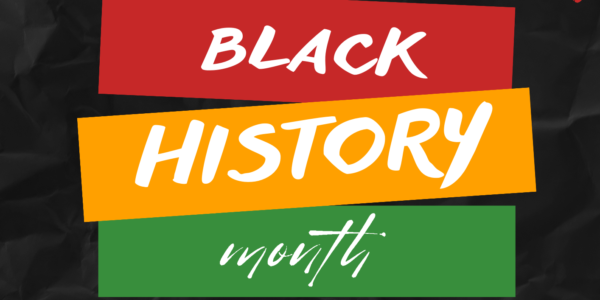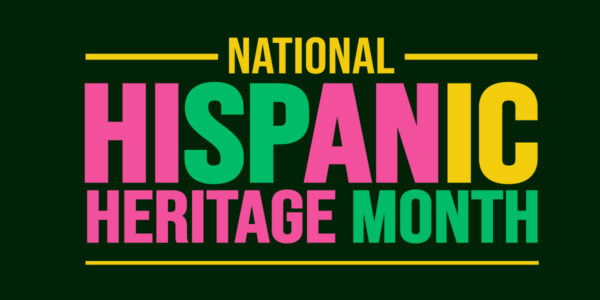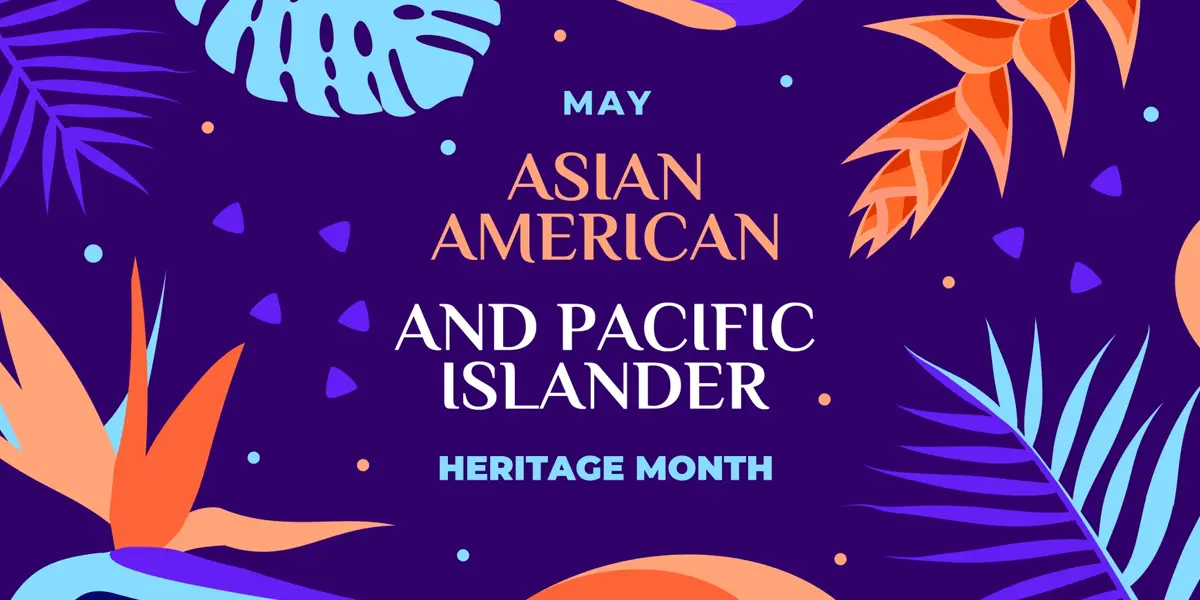By Bryan Solorzano
The realm of healthcare can be difficult to navigate in general because of many intersecting factors, but one’s level of health literacy can further influence someone’s ability to manage their health. Per Healthy People 2030, personal health literacy is “the degree to which individuals can find, understand, and use information and services to inform health-related decisions and actions for themselves and others” (1). It is estimated that approximately one-third of Americans have limited health literacy skills and even those with strong basic literacy skills may not have high health literacy (2). To make matters worse, this number could go up to about 50% for ethnic/minority groups and geriatric populations (2). In a 2016 National Assessment of Adult Literacy, it was found that African Americans and Hispanic/Latinx populations, regardless if they were foreign-born or native-born, had significantly lower health literacy scores than Whites (3). This same study also depicted age as a significant factor in low health literacy scores (3).
Health literacy plays a pivotal role in one’s ability to manage their health and people with limited health literacy often have poorer health outcomes (4). Those with limited health literacy often struggle to communicate with their provider and to interpret and use information given by their provider, such as knowing when and how to take medication as prescribed (5). Limited health literacy has been correlated with language, level of education, historical discrimination, and misinformation. Individuals who do not speak the primary language of the place they reside, such as English in the United States, can be at a disadvantage when it comes to understanding information about their health which can impact their ability to make informed decisions about their health (5). There is also a correlation between education level and health literacy. Education level can impact the ability to gain knowledge and skills used to interpret and evaluate basic information, which in turn influences how people interpret and evaluate health information (3). Historical patterns of discrimination within healthcare systems have also eroded trust when it comes to patient-provider relationships, which can impede the development of health literacy skills (6). Lastly, the myriad of digital resources available creates a daunting landscape for information seekers. Misinformation delivers false information in a manner that seems like fact, which is deceiving in nature and can cause harm when it comes to health (7).
Systemic and organizational changes are needed to address health literacy. Healthcare organizations should approach patient care with the understanding that patients will not have the same background, experience, or education that the provider might possess. Providers should be mindful not to assume that a patient is familiar with medical terminology and should use simple language when communicating, whether it be verbal, written, or other (8) Steps to address health literacy can also extend beyond healthcare organizations. Insurance companies might offer education seminars to those seeking to enroll, while direct service agencies such as homeless shelters could provide educational videos with a health focus and act as a bridge to health literacy programs provided by other community organizations (9).
Patients can also take steps to mitigate health literacy challenges in the absence of organizational changes. One can involve a family member, friend, or another member of one’s social circle in healthcare decision-making. Edwards, et al., (2015) defines this type of information exchange as “distributed literacy” which can help people with more complex steps, such as information-seeking, decision-making, and critical thinking (10). Patients can also prepare a list of questions ahead of time to bring with them to discuss with their provider regarding their health concerns (11). More information about how patients can be their own advocates can be found on the NMHEC website.
Health literacy is an important topic when it comes to addressing health equity and is a vital factor in improving health outcomes. Language barriers, education level, historical injustices, and misinformation, among other factors, compound the challenges individuals face in understanding and accessing healthcare. While there are steps that people can take to help them make health decisions, these are temporary solutions, and increasing health literacy in diverse populations ultimately requires addressing and changing systemic barriers. At the very basic level, organizations and medical providers must make sure their patients not only understand the information they are given about their health but can use it to make decisions regarding their health.
- U.S. Department of Health and Human Services. (2021, July 7). Health literacy. National Institutes of Health. https://www.nih.gov/institutes-nih/nih-office-director/office-communications-public-liaison/clear-communication/health-literacy
- Weiss, B. D. (2014). How to Bridge the Health Literacy Gap. Family Practice Management, 21(1), 14-18. PMID: 24444618.
- Rikard, R.V., Thompson, M.S., McKinney, J. et al. Examining health literacy disparities in the United States: a third look at the National Assessment of Adult Literacy (NAAL). BMC Public Health 16, 975 (2016). https://doi.org/10.1186/s12889-016-3621-9
- Hickey, K. T., Masterson Creber, R. M., Reading, M., Sciacca, R. R., Riga, T. C., Frulla, A. P., & Casida, J. M. (2018). Low health literacy: Implications for managing cardiac patients in practice. Nurse Practitioner, 43(8), 49-55. doi:10.1097/01.NPR.0000541468.54290.49. PMID: 30028773; PMCID: PMC6391993.
- El-Toukhy, S. (2018, November 1). Health literacy: Why it matters for minority health and Health Disparities. MinorityHealth.HHS.gov. https://minorityhealth.hhs.gov/news/health-literacy-why-it-matters-minority-health-and-health-disparities
- Muvuka, B., Combs, R. M., Ayangeakaa, S. D., Ali, N. M., Wendel, M. L., & Jackson, T. (2020). Health Literacy in African-American Communities: Barriers and Strategies. Health Literacy Research and Practice, 4(3), e138-e143. https://doi.org/10.3928/24748307-20200617-01
- Armstrong, P. W., & Naylor, C. D. (2019). Counteracting Health Misinformation: A Role for Medical Journals? JAMA : the Journal of the American Medical Association, 321(19), 1863–1864. https://doi.org/10.1001/jama.2019.5168
- Institute of Medicine (US) Committee on Health Literacy; Nielsen-Bohlman L, Panzer AM, Kindig DA, editors. Health Literacy: A Prescription to End Confusion. Washington (DC): National Academies Press (US); 2004. Executive Summary. Available from: https://www.ncbi.nlm.nih.gov/books/NBK216029/
- National Academies of Sciences, Engineering, and Medicine. (2004). Health Literacy: A Prescription to End Confusion. Washington, DC: The National Academies Press. https://doi.org/10.17226/10883
- Edwards, M., Wood, F., Davies, M., & Edwards, A. (2015). ‘Distributed health literacy’: Longitudinal qualitative analysis of the roles of health literacy mediators and social networks of people living with a long-term health condition. Health Expectations: An International Journal of Public Participation in Health Care and Health Policy, 18(5), 1180–1193. https://doi.org/10.1111/hex.12093
- Ways to Be Your Own Health Advocate. Nevada Minority Health and Equity Coalition. (2022, December 15). https://nmhec.org/healthmatters/ways-to-be-your-own-health-advocate/










